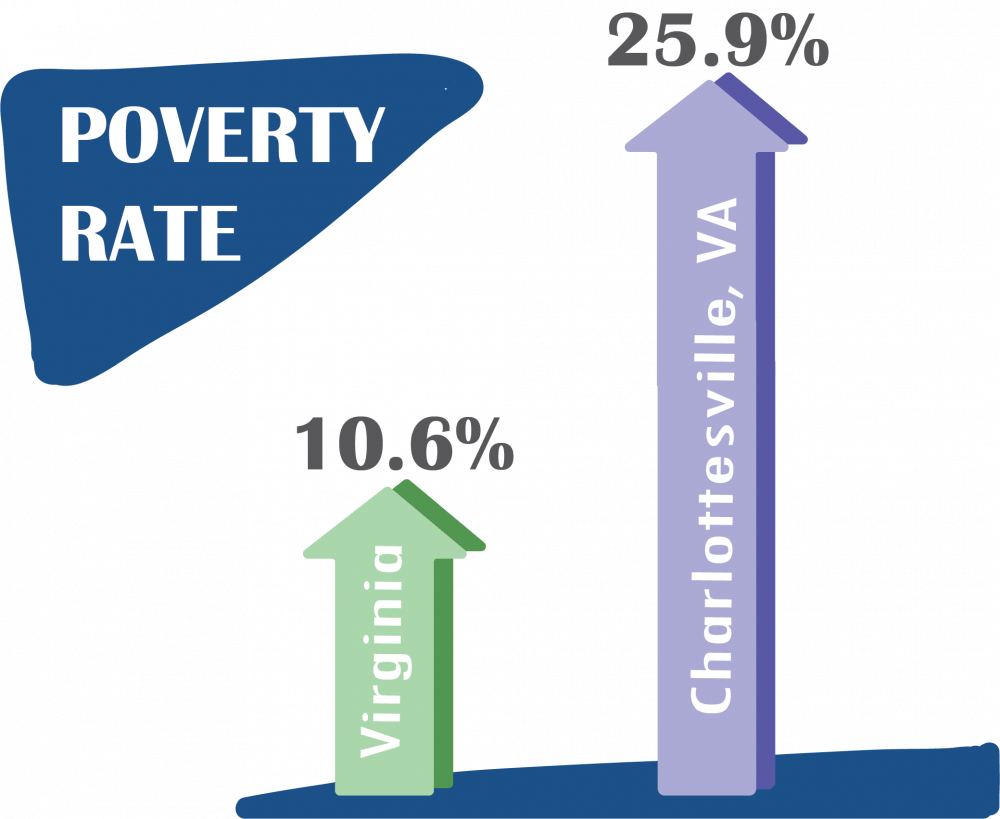For all its talk of being the greatest country in the world, the U.S. has faced immense difficulty addressing the needs of its most vulnerable. The official U.S. poverty rate has lingered between 10 and 15 percent for decades, with little recent substantive change in this figure despite the creation of anti-poverty programs and reforms to existing social safety nets. In 2020, the U.S. poverty rate increased for the first time in five years, reaching 11.4 percent. While some might not see the situation as dire, it should be concerning that in a country where a select few individuals possess more wealth than they know what to do with, 10.5 percent of U.S. households were food insecure for some portion of 2020. Though some might claim this is an anomaly caused by the COVID-19 pandemic, food insecurity rates in the past show that this number is largely consistent with previous years. Simply put, the U.S. has a problem with poverty — leaving members of American society eager to rationalize its existence.
What is more troubling, however, is the sheer number of people unsympathetic to the plights of these most marginalized groups. Years before his sexual assault allegations came to light, Bill Cosby made headlines with his Pound Cake speech, in which he criticized Black Americans for focusing on racial discrimination and not lifting themselves out of poverty. In 2017, Ben Carson, former Secretary of Housing and Urban Development — who himself was raised in poverty — went so far as to call poverty a “state of mind.” By fixing blame purely on the individual rather than structural conditions, those opposed to anti-poverty initiatives shape the argument around personal failings, often using the term to implicitly refer to racial minorities like the Black community.
This idea that the cycle of poverty can be solely attributed to moral values is known as the culture of poverty social theory. The culture of poverty depicts a causal relationship between poverty and a fundamentally flawed culture, including claims that welfare recipients are inherently lazy and that people remain in poverty because of the lack of paternal figures and good role models in their upbringings. When examined through this lens, the conversation shifts to one that revolves around deservingness. The question no longer becomes how society can help those in poverty, but rather whether society should help them at all.
It should be noted that these commonly cited claims are largely unfounded, misrepresented or simply false. Criticisms of anti-poverty programs are far from a recent phenomenon, but the explicit antagonism of those in poverty grew especially prominent in the 1970s and 1980s. During this time, derogatory anecdotal figures such as the welfare queen were used to portray welfare recipients as irresponsible and dangerously immoral — characters who would act in bad faith at any given opportunity to deceit and exploit tax-paying citizens. Generally speaking, people in poverty are just as willing to work as any other person, and empirical data and analyses across decades of research have even concluded that anti-poverty programs increase labor participation rather than deter it.
All this is to say that the culture of poverty is a myth that both excuses and obscures injustices endured by impoverished individuals. The implication of this myth — that people in poverty are inferior due to their culture — underpins much of the discourse surrounding wealth inequality today. This in turn perpetuates the belief that the struggles of impoverished communities are internal and not due to factors outside of their control and long-standing institutions.
The culture of poverty myth is convenient for dominant groups in our society because it allows them to avoid addressing the tangible causes of Black and lower-income suffering — institutional racism and other social impediments to climbing up the social ladder. Because the idea that society is exclusionary runs contradictory to the ideals of American exceptionalism, there is an impetus in U.S. culture to make excuses for the things that do not align with this worldview. This shifts responsibility away from the structural components that cause oppression and onto the oppressed themselves. By placing the burden on individual responsibility, rhetoric that denigrates members of the lower class circumvents confronting the systemic change needed to reduce economic disparity.
If we as a nation hope to improve conditions for all people, we must discard the culture of poverty, which has resurfaced in recent years under a fresh wave of scrutiny. By approaching poverty in a manner that is humanizing rather than hostile, we can begin critiquing the institutions that contribute to inequality in this country through a more holistic view of its root causes. Empathy is key — the lives and well-being of future generations will quite literally depend on it.
Samantha Cynn is a Viewpoint Writer for The Cavalier Daily. She can be reached at opinion@cavalierdaily.com.
The opinions expressed in this column are not necessarily those of The Cavalier Daily. Columns represent the views of the authors alone.







